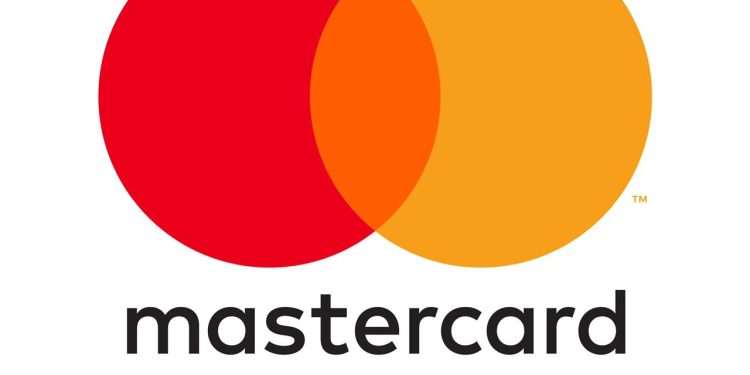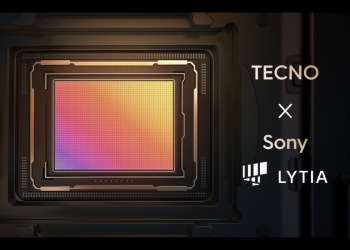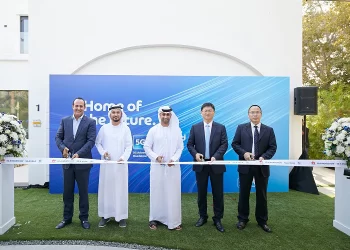The second Mastercard Foundation Edtech Monday discussion was hosted by Bernard Avle of Citi FM on 25th April, 2022.
It was a really exciting and revealing discussion with two amazing Ghanaian women who are involved in education, Dr. Naomi Agyepong, Director of Operations, Alpha Beta Educational Centers and Mrs. Ama Serwah Nerquaye-Tetteh – Secretary General, Ghana Commission for UNESCO.
They discussed how technology can help inculcate literacy and numeracy skills and provide strong foundations for learning. They also discussed the best way to use technology in a typical Ghanaian classroom and also effectively harnessing the Edtech ecosystem to advance learning.
Key questions around which the conversation revolved were: “What are some of the tools used in early childhood development?” How do these tools provide a rich learning environment for today’s young learner?”
In the view of Dr. Agyepong, the kind of technological tool used, depends on the objective for its usage:
“For every digital experience, the educator needs to think of what the child is going to get out of it. The teacher must think of how the material being used, is going to enhance the learning experience of the child”.
Fundamentally, the objective of early childhood education is to improve the child morally, socially, physically and mentally, and the inclusion of technology should aim to enhance this objective she added. She also indicated that there is a lot of content and tools, such as apps, which use interactive content – like games, to reinforce children’s practice of basic numeracy and literacy skills, as well as critical thinking. However, exposure should be purposeful and strictly supervised.
At what age should young children be introduced to technology, in terms of encouraging them to read and write?
Research done by the American Academy of Pediatrics, as reported by Dr. Abishai Anlimeh, gave an age-appropriate limit to which tech devices can be used: “ Researchers recommend strongly against the use of technological devices by children under 18 months old. Children between the ages of 18 and 24 months can be introduced but should not be allowed to spend more than 30 minutes a day on these tech devices, including television. From the ages of 2 to 5, they recommend that a child does not spend more than one hour per day on these devices. At age 6 to 12, the time can be extended to 2 hours”. Dr. Anlimeh advised that parents should train their children to use devices in moderation. Content consumed on digital devices should be educative, instructional and inspirational. According to Dr. Anlimeh, there are research findings that report that the mind fully develops between ages 18 and 24 years, therefore, parents should supervise and make sure children are consuming the right content in their brain development phase.
What are some of the gaps and opportunities in the early childhood education sector in Ghana in general?
Early childhood in Ghana is taken as from 4 years to 8 years old. Mrs. Nerquaye-Tetteh stated that since a lot of young children are not able to initially use these technologies by themselves, it is important to make certain distinctions with regards to usage: “When talking about educational technologies for this age group, you must look at using the technology with them, by them and for them”.
Various educational policy documents like the Childhood Education Policy Framework 2021 and the Curriculum for Pre-school 2019, acknowledge the importance of the use of digital devices at early stages of child development. The early childhood stage is when the functional capabilities of the brain are developed and education at this stage has a great influence on later performance in life. Given that technology has become an integral part of the world, it is very necessary that young children are not only socialized with other humans and their immediate environments, but with technology as well.
In response to the gaps in the early childhood education sector in Ghana, Mrs. Nerquaye-Tetteh stated that the policies only acknowledge the importance but do not clearly give directions on how we intend to go about getting children socialized with technology:
“Considering our limitations as a country, it may not be feasible to give every child a device, but we are looking at educational technologies with, by and for the children. So, one of the easiest means is to start looking at ‘for the children’, [that is] the use of these devices by the teachers to aid in researching and learning. As a country, that is the kind of conversation we need to have. We need digital tools to help. How we are going to go about it is the question”.
Dr. Agyepong reiterated the need to figure out how digital skills can be provided for the mass of children: “If things like projectors and large television screens can be made available, that, at least, is a stop gap measure to reach children who may not have devices in their home. Whatever solutions we come up with have to be scalable to make a huge impact”.
Regarding the question of when the use of technology for child learning is appropriate and effective, Mrs. Nerquaye-Tetteh stated that, it may be helpful for the country to have a clear policy on how we intend to advance digital education in Ghana.
How to support young learners in their development using technology and what the public sector institutions can learn from private sector institutions.
Dr. Agyepong stated that a child should not necessarily have a device in front of them to pick up certain skills: “There are many things that can be done to instill learning of STEM in young children. Something as basic as play can still get them to have an interest in science. [For instance], playing in water can teach sinking and floating”. She went on: “Obviously, when it comes to technology, if a teacher has access to a device, it makes a huge difference. It makes a difference in what they know and what they are able to teach a child”. According to her, accessibility is important and in the public sector context, when it comes to internet and technology, teachers need to be provided a way to access them; for instance, having one lab in each community so that a child does not have to own a device but is given access, at least once per week, will make a huge difference.
Closing remarks
Mrs. Nerquaye-Tetteh suggested that we begin to think about content if digital education is to be a part of our curriculum: “We should make sure that our songs, stories, etc. can be found online, and examples found online look like us”. She also advised that despite the negatives that also come with children having access to the internet, parents should look more at the positive side technology brings. She reemphasized the importance of close supervision: “Make sure [the content] is purposeful and appropriate”. She further advised parents to make sure their children are not left behind by providing supplementary technology experience at home.
Dr. Naomi Agyepong also advised that digital experience in the classroom should be complemented by discussion. She stated that, there are lots of content, but not all are helpful, so parents need to scrutinize the kind of content their children consume. She further suggested that parents consider technology outside the classroom such as coding and robotics.
EdTech Monday is an initiative of the Mastercard Foundation’s Regional Centre for Teaching and Learning in ICT.











